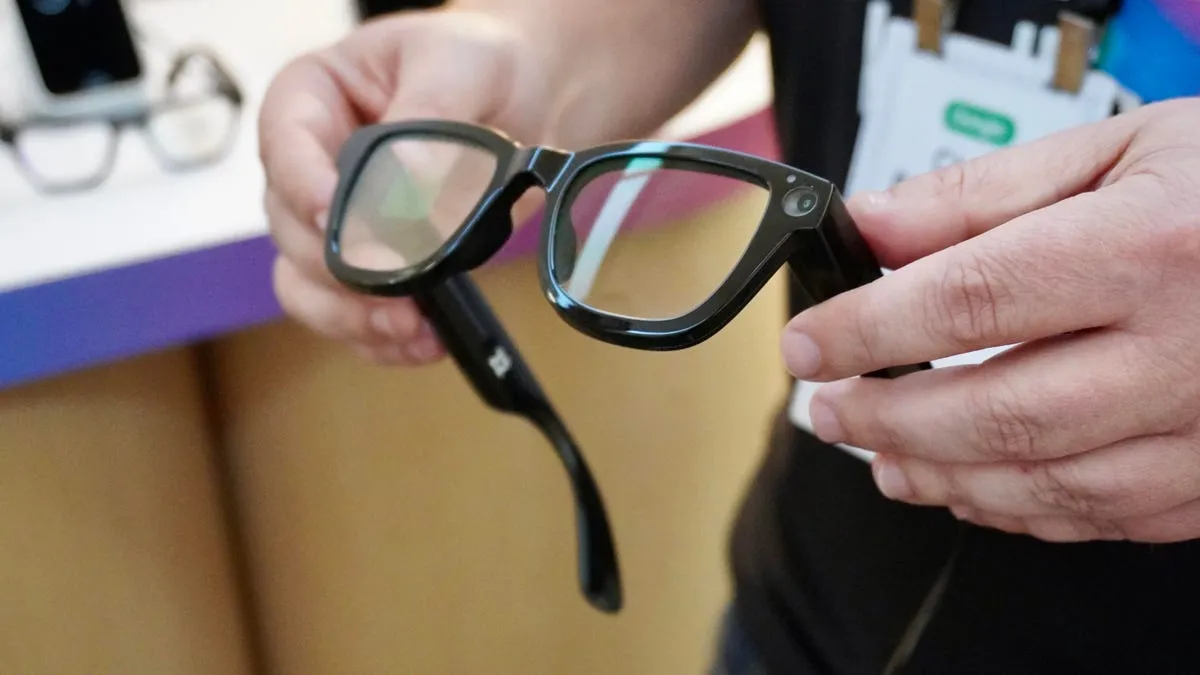
At the highly anticipated Google I/O 2025, the tech giant once again emphasized its commitment to artificial intelligence (AI) and the integration of this technology across its diverse range of products and services. This year, a significant focus was placed on Android XR, Google's innovative extended reality operating system, which is set to revolutionize the emerging category of headsets and smart glasses.
Android XR was initially unveiled in December, highlighting its potential for enhancing the user experience in both XR and VR headsets. During the event, Google showcased its advanced spatial computing capabilities through a collaborative headset developed with Samsung and Qualcomm, known by its codename, Project Moohan. Attendees are eagerly awaiting further details about this exciting project in the coming months.
This week at I/O, Google shifted its spotlight to the practical applications of Android XR glasses, designed as everyday wearables that utilize cameras, microphones, and speakers to interpret the user's surroundings and enhance interactions with Google’s Gemini AI. Competing tech giants like Meta and Apple are also venturing into the wearables arena, but Google appears to have a competitive advantage due to its sophisticated multimodal capabilities.
Google's Android XR glasses are equipped with a configurable in-lens display, allowing users to access a directional navigation system reminiscent of heads-up displays (HUDs) found in modern vehicles. Furthermore, users will have the ability to visualize incoming text messages, respond instantly, translate conversations in real-time, and capture images through voice commands—eliminating the hassle of reaching for a phone.
The integration of Android XR glasses with smartphones is designed to be seamless, whether through a wired connection or wireless pairing. This functionality will synchronize contacts, messages, notifications, and more, enhancing the overall user experience. Google emphasizes that this integration will not only streamline operations but also reduce the power load and weight of the glasses, as most computing tasks will be handled by the paired smartphone.
To broaden the appeal of its smart glasses, Google is collaborating with renowned eyewear brands such as Gentle Monster and Warby Parker. This strategy mirrors that of Meta, which has partnered with EssilorLuxottica to produce and market the popular Ray-Ban smart glasses. By focusing on style and functionality, Google aims to attract a wider audience for its Android XR offerings.
As for the eagerly anticipated release date, Google has announced that the Android XR glasses are expected to hit the market later this year, promising a new era of wearable technology that integrates seamlessly with users' daily lives.